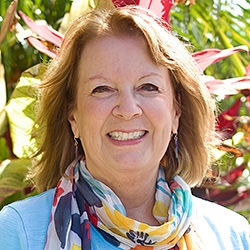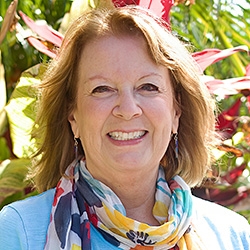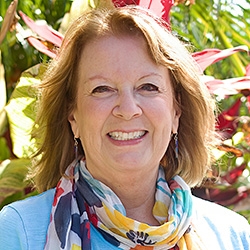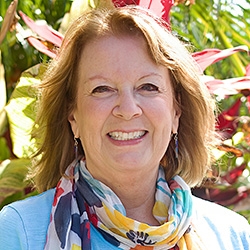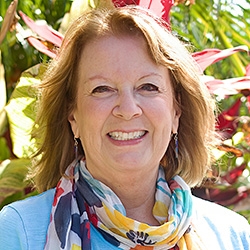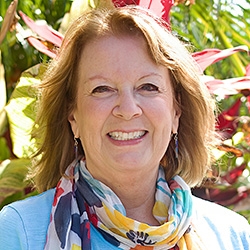
NVC Resources on Feelings
-
Trainer Tip: Research shows long-term change comes when people have intrinsic desire to change. Extrinsic motivation is temporary and often only lasts while we're observed (eg. driving the speed limit when police are there). Notice where you're mostly intrinsically or extrinsically motivated. How does this feel? For instance, do you call mom because you want to connect with her? Or because you’re worried she’ll be hurt if you don’t?
-

Transforming Power Relations
The Invisible Revolution
Miki explains how teachers and administrators can become more effective in relating to themselves, other faculty and staff, and they can contribute more to students' ability to feel connected and energized. Nonviolent Communication provides specific tools to empower ourselves and others to live more in line with our values and deeper needs.
-
Trainer Tip: When there's conflict if you set the intention to connect and build trust first, you're more likely to move towards resolution. This can be built through offering reflections that captures essence of what's important to each party. Once connection and trust is established, then begin the process of creating strategies and solutions.
-
Trainer Tip: Discovering the unmet needs is only a starting point. The other part is to understand what it will take to meet that need, and make a request that will accomplish this. This way, we can resolve situations before they escalate. Everyone benefits when we are clear about what we would like.
-
Trainer Tip: List specific things that would signify love to you. Based on who the other person is and who you are, how could your need for love be met? Being specific is important. General statements, such as “I just want you to love me” or “I would like you to be more attentive and listen to me more” won’t work. (S)he may already think (s)he is attentive. What would being attentive look like to you? And how will he know if (s)he’s been attentive enough?
-
Instead of wondering, invest time today to ask at least one friend your friendship enhances her life. Such clarification can deepen the connection.
-
Trainer Tip: Mindfulness, focusing on what's happening now, is the foundation of Compassionate Communication. The more present we are, the greater the chance we will be aware of our needs and meet them, thus the greater opportunity for joy. Connect to your feelings and needs at least four times today. Notice how differently you conduct your day when you are mindful.
-
When we're judging we're less able to access both what we care about and constructive next actions. Instead, create more internal space and agency starting with connecting to your feelings and needs; then feel your grief or disappointment; followed by getting curious about the other party's needs and context -- and then based on collective needs and the long term effects make requests or take aligned action that works for all.
-

Mourning
Learn to navigate loss, sadness and grief
In this practice group class, certified CNVC trainers Jim and Jori Manske are facilitating the exploration of the topic of Mourning using the three modes of NVC: self-empathy, honesty and empathic presence. You'll learn how to accept a loss, let yourself feel the sadness and all the emotions, and allow yourself to grieve.
-
We only have this decade to make radical changes to avert crossing over into an unlivable Earth. What's essential is a critical mass of people with capacity to respond to many enormous, daunting social-environmental challenges. This means on a wider scale, responding to conflict, fear, hate, injustice and violence with the ability to see our commonality underlying our differences. And to feel part of a larger whole so we can birth natural caring, togetherness, and cooperation.

